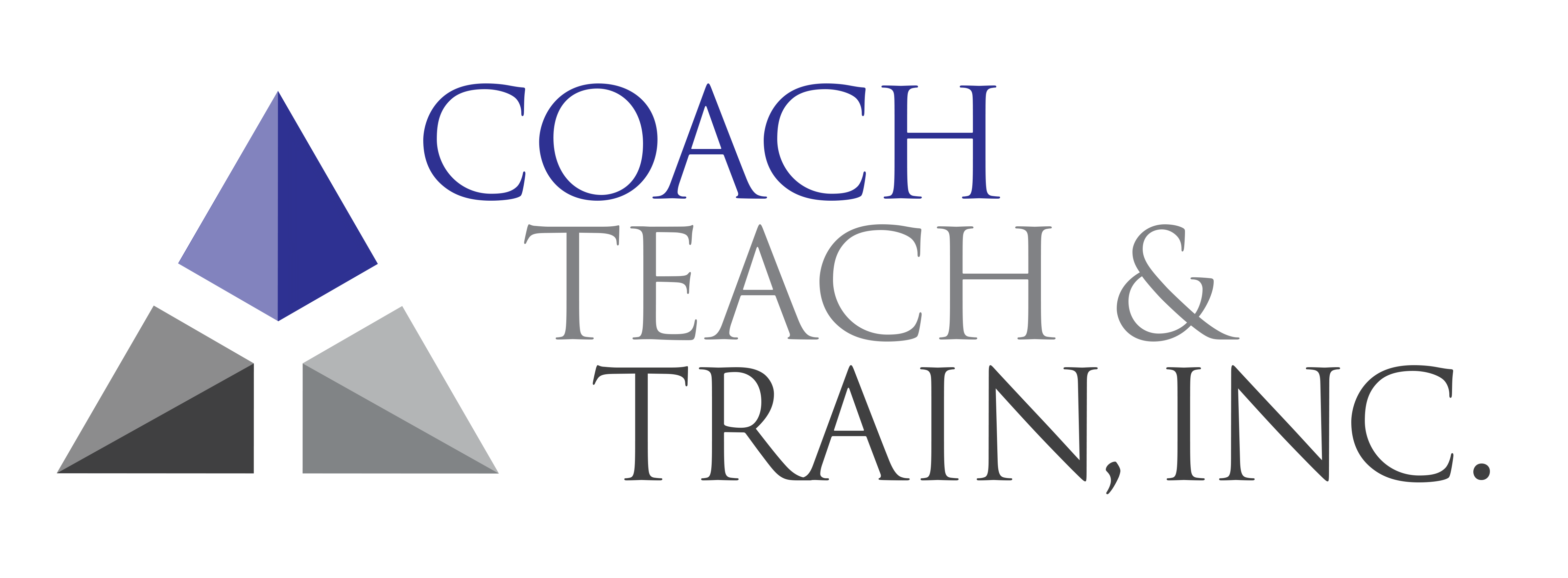Employees should consider going to Human Resources (HR) when they encounter certain situations in the workplace. However, it’s important to note that HR departments can vary across organizations, so it’s essential to understand your company’s specific policies and procedures. Here are some instances when employees should consider reaching out to HR:
Workplace Harassment or Discrimination: If an employee experiences or witnesses any form of harassment or discrimination based on protected characteristics such as race, gender, age, religion, or disability, they should promptly report it to HR. HR can guide the employee on the proper steps to address the issue, investigate the complaint, and take appropriate action.
Conflict with a Colleague or Supervisor: When employees face significant conflicts or difficulties with colleagues or supervisors that cannot be resolved through direct communication, HR can act as a neutral third party to help mediate and find a resolution. They can provide guidance on conflict resolution strategies and internal policies.
Workplace Safety Concerns: If there are safety hazards or violations of safety protocols in the workplace, employees should inform HR immediately. HR can collaborate with relevant departments to address the concerns and ensure a safe working environment.
Employee Benefits and Compensation: If employees have questions or concerns related to their benefits package, salary, bonuses, or other compensation matters, HR is often the appropriate department to seek guidance and clarification. HR can provide information, assist with problem-solving, and ensure fair and consistent application of company policies.
Policy Violations or Ethical Concerns: If employees become aware of policy violations, unethical behavior, or any other misconduct within the organization, they should report it to HR. HR can initiate investigations, maintain confidentiality, and take appropriate actions to address the situation.
On the other hand, there may be instances when going directly to HR may not be the most suitable approach. In such cases, employees may consider alternative courses of action, such as:
Seeking Guidance from Immediate Supervisor: If the issue is a minor one or can be resolved through open communication, employees may choose to discuss concerns or conflicts with their immediate supervisor first. This approach can help foster direct communication and build stronger working relationships.
Utilizing Internal Grievance Procedures: Some organizations have established grievance procedures or designated contacts outside of HR for specific concerns. Employees should be aware of these procedures and follow them accordingly.
Seeking External Support: In certain circumstances, when employees believe their concerns are not being adequately addressed internally, they may seek external support, such as contacting labor unions, professional associations, or legal counsel.
It’s important for employees to review their company’s policies, procedures, and code of conduct to understand the appropriate channels for addressing various issues. Additionally, trusted colleagues or employee assistance programs (EAPs) can provide guidance and support in determining the best course of action.

Recent Comments